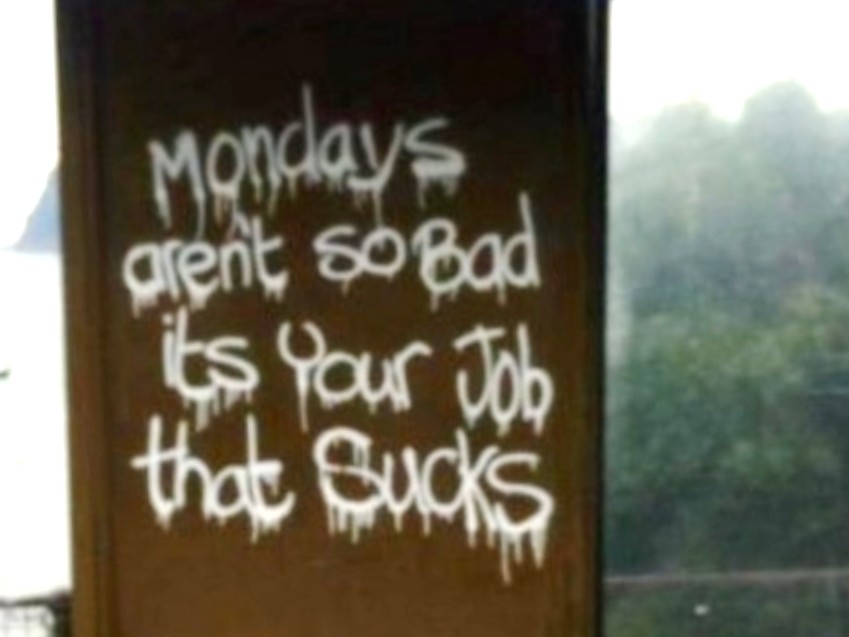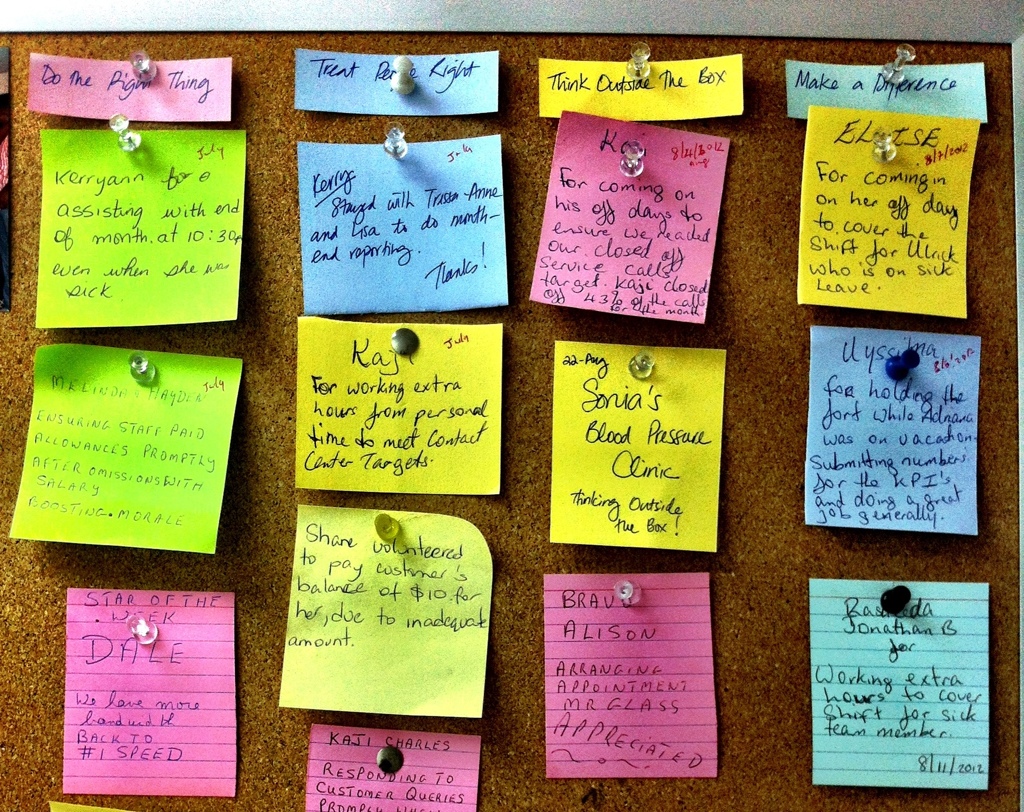Jamaican runner Usain “Lightning” Bolt is widely accepted as the fastest person ever. A commanding presence in athletics since he burst onto the world stage in the 2008 Olympics in Beijing, he is the first athlete to hold world record for both the men’s 100m and 200m events, as well as the 4 x 100m relay. The first man to win six Olympic gold medals in sprinting, and an eight-time World champion, Usain Bolt has become the most loved, and most marketable track and field star on earth.
Seven years ago, a 19-year-old Usain Bolt stepped out unto the track at the National Stadium in Kingston, Jamaica. Four years earlier, in that same stadium before a jubilant crowd, Usain had distinguished himself from his peers by becoming the youngest junior gold medalist ever. In those 2002 World Junior Championships Bolt and his relay team also set national junior relay record and scored two silver medals that year. And here he was again at his towering height of 6’5″, a rising star before his adoring Jamaican fans, about to begin his leg of a 4 x 400m race. And then he pulled his hamstring.
Perhaps as the partial result of occasional lapses in discipline during training, Bolt hobbled off the track injured and in pain, seeking assistance. Disappointed, his eyes searched the crowd for his coach. And then, from the bleachers he heard a boo. And then another, followed by the low rising murmur of what would become a voluble expression of dissatisfaction from his most ardent fans. By the time Usain reached the sidelines, the people in the stadium were shouting, jeering and cursing, even accusing him of copping out of the race because he’d felt he wouldn’t win. “Forgot the pulled hamstring, this was pain on another level… the criticism hit me hard”, remembers Bolt.
Just like Usain Bolt, you sometimes question your ability
Even with the hopes of a dazzling career ahead of him, in that moment, Usain Bolt questioned his ability to become a top-level sprinter. With this washout on his home turf, he agonized about whether he had the stuff to compete successfully on an international level. “I’m not good enough for this sport…”, Bolt remembers thinking to himself. We’ve all experienced these moments. We feel the failure and disappointment, and we wonder if we are good enough.
Just like Usain Bolt, you doubt whether the pain and effort are worth it
Usain Bolt had trained hard for years, he had moved to Kingston with the promise of becoming Jamaica’s next big hope in track and field. When he failed to meet expectations that day, he wondered if he was headed in the right direction. He wondered if all the pain and sacrifice were worth it. “Is this really working?” he said. “Should I really continue? “Three years ago I started this life. Three years I’ve been injured. This might not be for me.”
Just like Usain Bolt, you and I sometimes feel completely alone
“My world crashed in; I couldn’t believe what I was hearing”, Bolt recalls in his new book, ‘Faster than Lightning: My Autobiography‘ [release date: November 5, 2013]. In an exclusive extract serialized in ‘The Times’, he relates how he could never have imagined a time when a Jamaican crowd, his own people would boo him as he came off the Kingston track. “Wow, I got booed in front of my national crowd when I was giving it my best.” “What the hell is this? I thought, feeling sick – seriously sick. Where did this come from?” Usain had to learn the tough lesson that even though the training and preparation happen alone, rising from defeat after giving it your best also takes place alone.
Just like Usain Bolt, you have greatness within you
There’s a spark of infinite potential within you. It is the desire to do something extraordinary, something only you can do. Maybe it has been recognized by others, maybe only you can feel this little light burning inside you. What do you do about it? Are you listening to the voices that say “you’re not good enough”? Or are you prepared to bear the embarrassment, disappointment, self-doubt, and move forward toward becoming your dream?
You are Usain Bolt. I am Usain Bolt. But are you the Usain Bolt who chose to walk off the track at age 19, allowing pain and pride stop him from succeeding in athletics? Are you the Usain Bolt who decided that his congenital twisted spine condition, scoliosis, would be enough to stop him from becoming a world-class athlete? Are you the Usain Bolt who decided he’d rather return to Trelawny, chill with the boys, play cricket and PS3, drink Guinness and run a grocery store like his dad, never to win an Olympic medal and never to fulfill his destiny?
Every day, we make important choices. Each little decision we make has an impact on our fate. What were you put on earth to do? Are you making the hard choices that bring you closer to becoming the person you were meant to be? Steven Pressfield poignantly asserts in his book ‘The War of Art‘:
“If you were meant to cure cancer or write a symphony or crack cold fusion and you don’t do it, you not only hurt yourself, even destroy yourself. You hurt your children. You hurt me. You hurt the planet. You shame the angels who watch over you and you spite the Almighty, who created you and only you with your unique gifts.”
Don’t let embarrassment, failure, fear, poverty or sickness keep you from showing the world what you’ve got!














